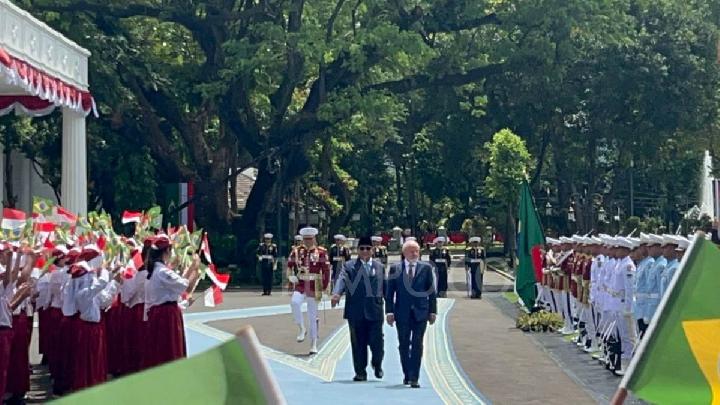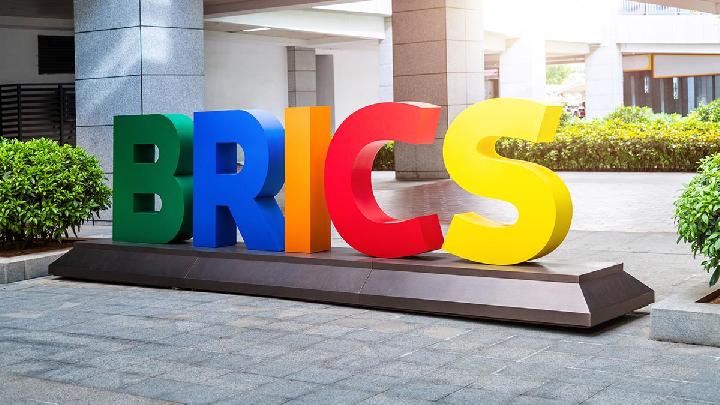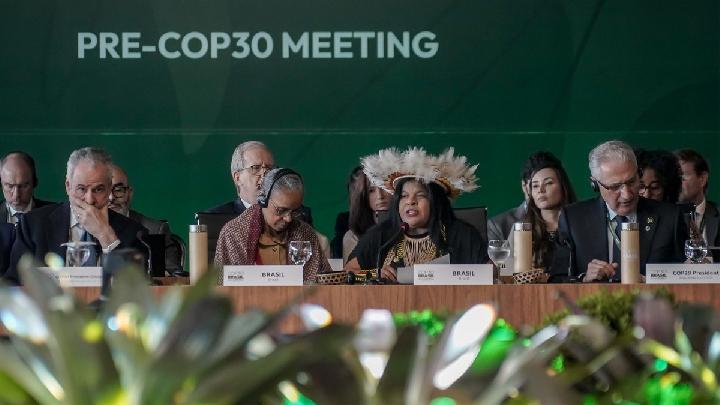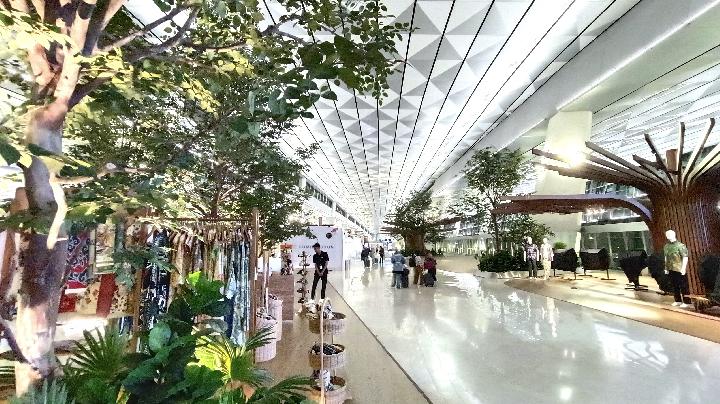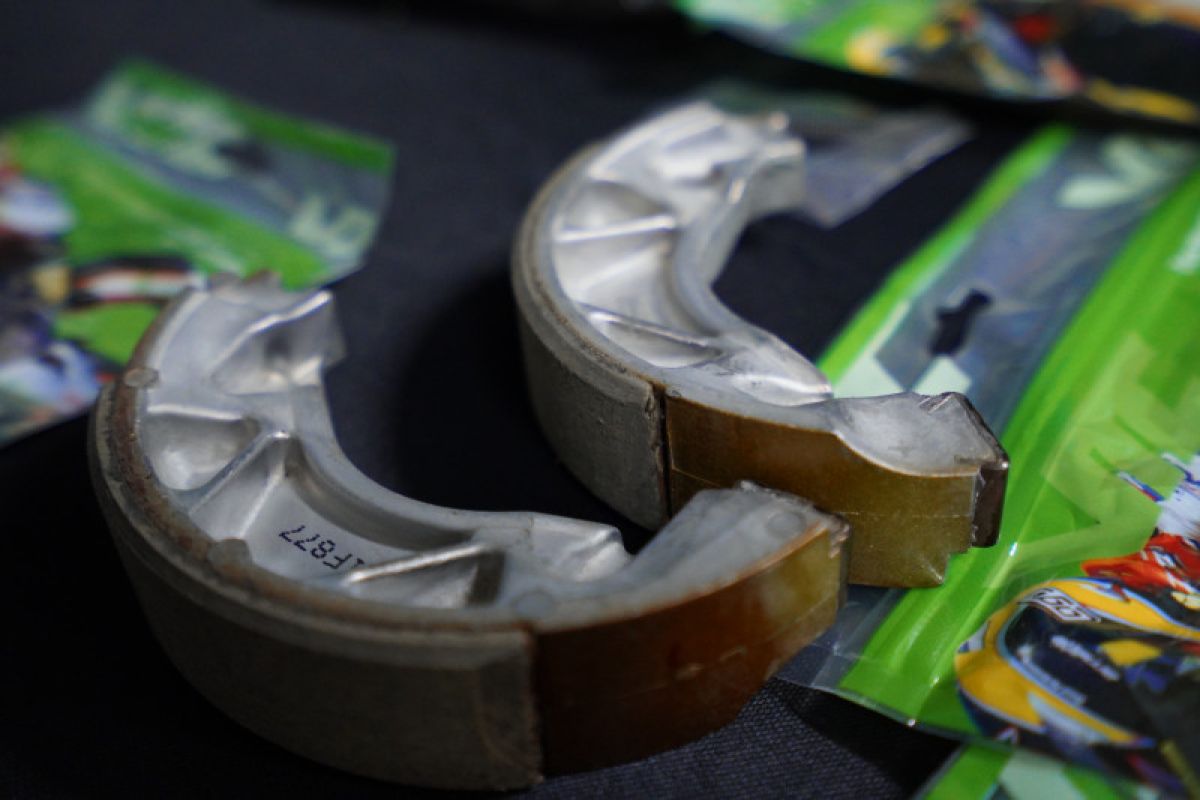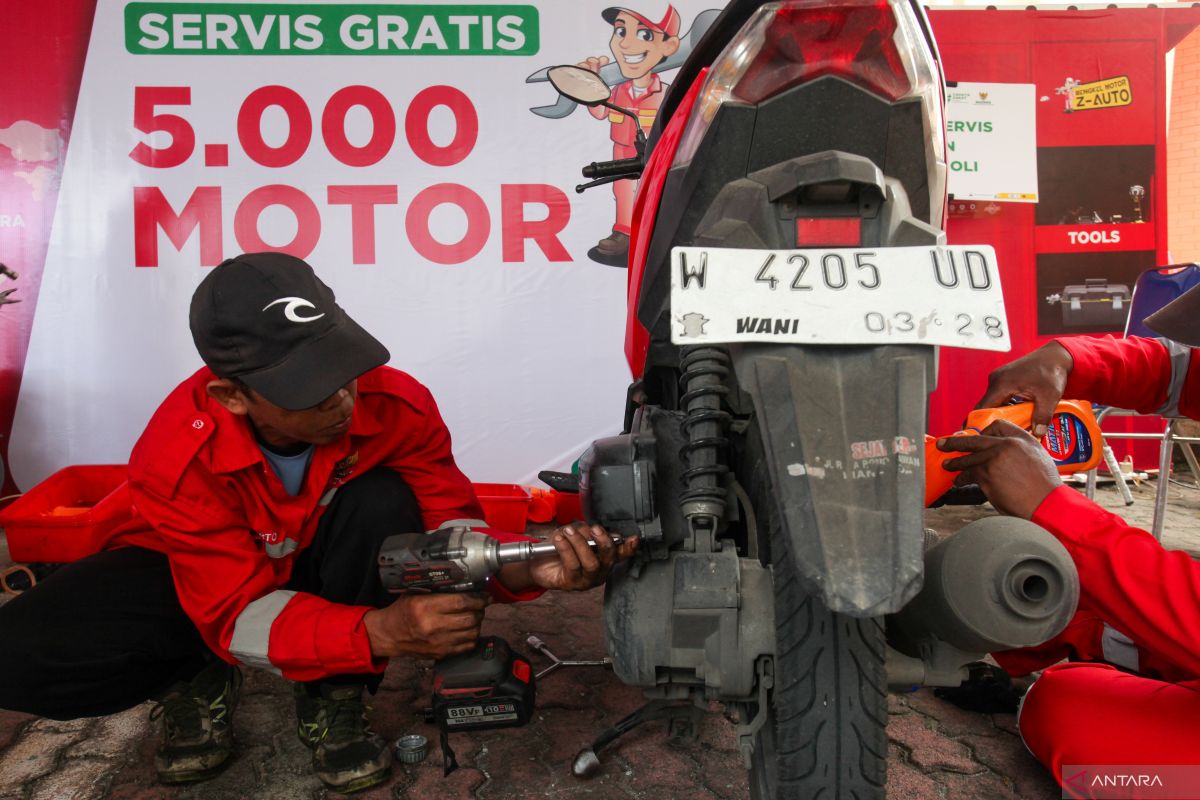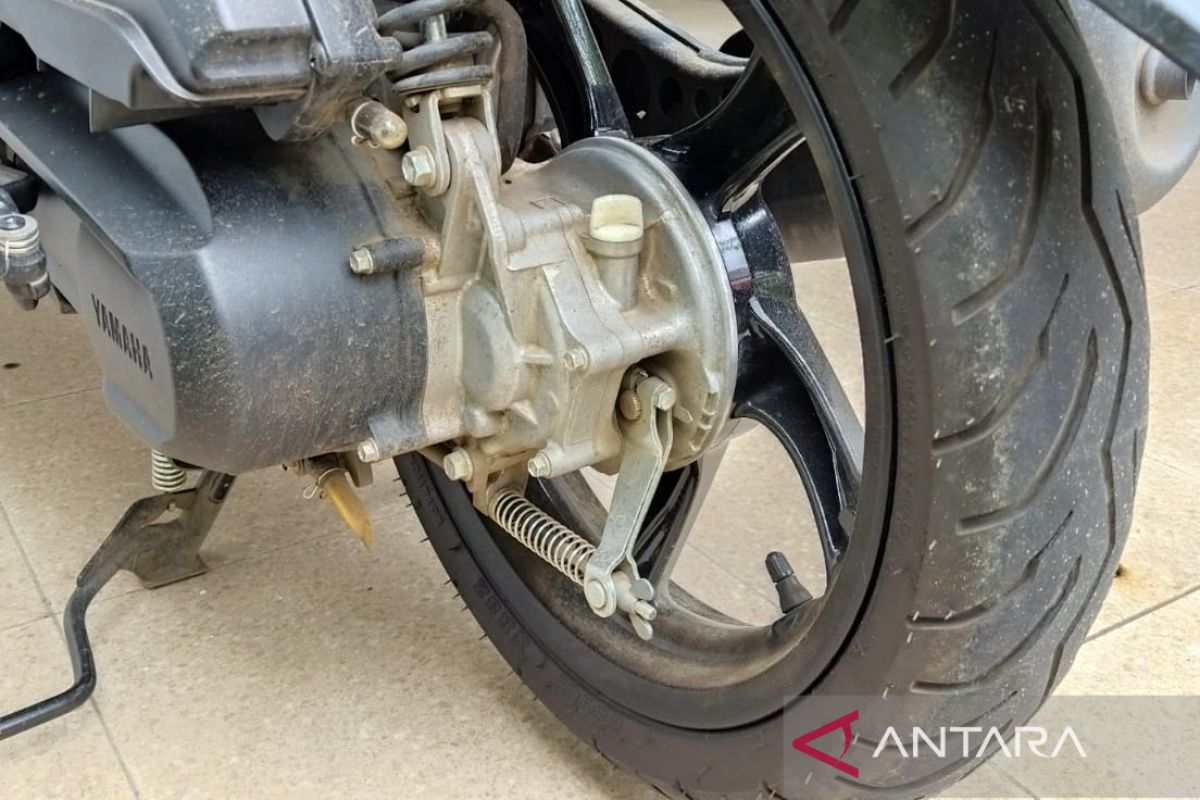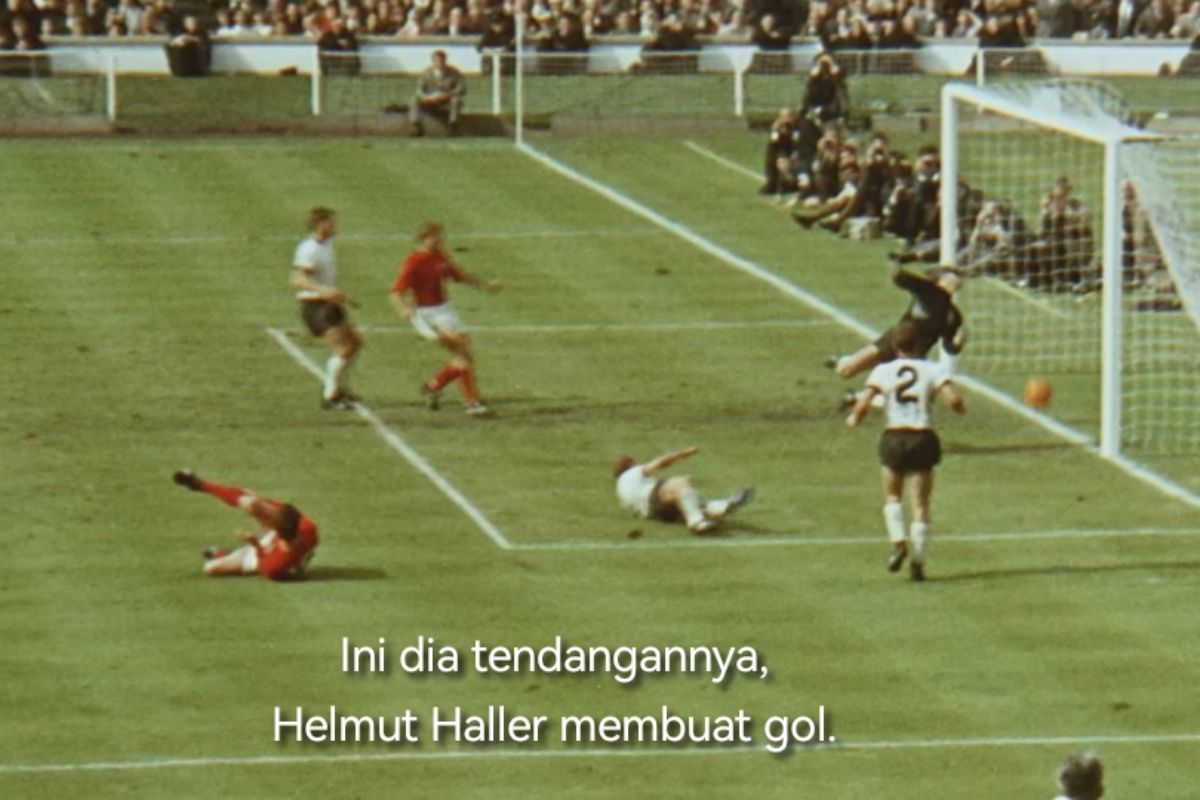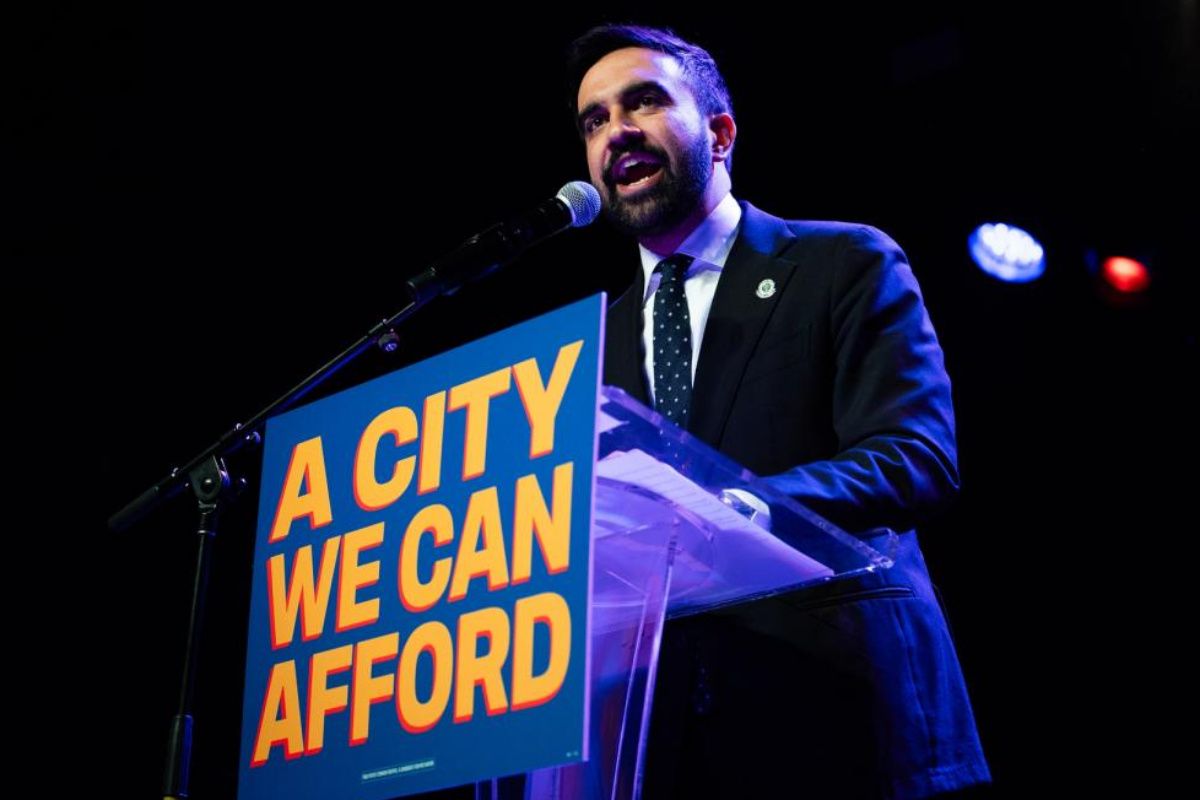TEMPO.CO, Jakarta - An Israeli minister on Thursday unveiled a plan for new settlements in the occupied West Bank that are intended to make the possibility of Palestinian statehood unviable. Israel has occupied the West Bank since 1967.
A United Nations spokesperson called on Israel to reverse the settlement decision that would put an end to prospects of a two-state solution, adding that Israeli settlements go against international law.
What Do We Know So Far About the Settlement Plan?
Israeli far-right Finance Minister Bezalel Smotrich announced the plan, which entails development in an open tract of land east of Jerusalem, known as E1. The Israeli government would build nearly 3,500 new apartments to enlarge the Israeli settlement of Maale Adumim, which lies next to E1.
Critics say the new settlement plan would effectively split the West Bank into two parts. A statement released by Smotrich's office announcing the settlements said they were "burying the idea of a Palestinian state."
Smotrich's announcement comes as France, the UK and Canada plan to formally recognize a Palestinian state during the UN General Assembly in September. The move comes as a humanitarian crisis is taking place in Gaza amid Israel's ongoing military campaign against the Hamas militant group and the continued construction of settlements in the West Bank.
"This reality finally buries the idea of a Palestinian state, because there is nothing to recognize and no one to recognize," Smotrich said during a press conference at Maale Adumim, alluding to the countries that intend to recognize a Palestinian state.
"Anyone in the world who tries today to recognize a Palestinian state will receive an answer from us on the ground," he added.
Smotrich, who heads the party National Religious Party–Religious Zionism, threatened to assert "full Israeli sovereignty in all areas of Judea of Samaria" if France, the UK and Canada move forward with their plans to recognize Palestinian statehood. Judea and Samaria is an Israeli term often used to refer to the West Bank.
The plan Smotrich presented would divide the occupied West Bank, Aviv Tatarsky, a researcher at the Ir Amim organization, told DW.
"It breaks up the West Bank into a northern part and the southern part," he said, adding that it would make a Palestinian state "not possible."
Tatarsky said that while Smotrich is leading the charge, "the whole Israeli government is behind this." Prime Minister Benjamin Netanyahu, Tatarsky said, is letting Smotrich take the spotlight to avoid international criticism.
More than 700,000 Israelis live in the occupied West Bank and east Jerusalem, land captured by Israel in 1967 and where Palestinians aim to create an independent state.
The international community overwhelmingly considers Israeli settlement construction in these areas to be illegal and an obstacle to peace. Israel rejects this interpretation, saying the West Bank is "disputed" rather than "occupied" territory.
What Has the US Said About Smotrich's Settlement Plan?
Development in E1 had stalled due to resistance from the earlier Democratic presidential administrations of Joe Biden and Barack Obama.
But during the Maale Abumim press conference, Smotrich called current Republican President Donald Trump and US Ambassador to Israel Mike Huckabee "true friends of Israel as we have never had before."
Asked about the plan, a spokesperson for the US State Department evaded the settlement issue, saying, "A stable West Bank keeps Israel secure and is in line with this administration's goal to achieve peace in the region."
Israeli Prime Minister Benjamin Netanyahu, a member of the right-wing Likud party, has also not yet commented on Smotrich's plan. Smotrich, however, says Netanyahu and Trump support the new settlement housing units.
The E1 plan would need formal government approval. If the plan is backed by the Israeli government, the construction of new buildings at the Maale Adunim settlement could start in about a year.
Palestinians, Israeli Rights Groups, Arab Nations Condemn Smotrich's E1 Plan
The move to develop the E1 tract of land was met with condemnation from Palestinian officials, rights groups and Arab countries in the Middle East.
The West Bank-based Palestinian Ministry of Foreign Affairs and Expatriates urged the "imposition of sanctions" on Israel to stop the new E1 settlements while calling it a continuation of Israeli plans "to destroy for the establishment of a Palestinian state."
Peace Now, an Israeli organization that tracks settlements in the West Bank, called the plan "deadly for the future of Israel and for any chance of achieving a peaceful two-state solution."
A two-state solution envisions separate, sovereign Israeli and Palestinian states side by side.
Several Arab countries in the Middle East also criticized the West Bank settlement plan.
Qatar said the plan is a "blatant violation of international legitimacy," with Doha underscoring the "urgent need for the international community to unite in compelling Israel to halt its settlement expansion plans and to comply with international resolutions."
Egypt's Ministry of Foreign Affairs also condemned the settlement plan "in the strongest terms" and denounced "the extremist statements issued by the Israeli Minister calling for the imposition of Israeli sovereignty and settlement expansion in the West Bank."
Editor's Choice: Israel's Killing of Journalists in Gaza Rings Alarm on Press Freedom
Click here to get the latest news updates from Tempo on Google News




